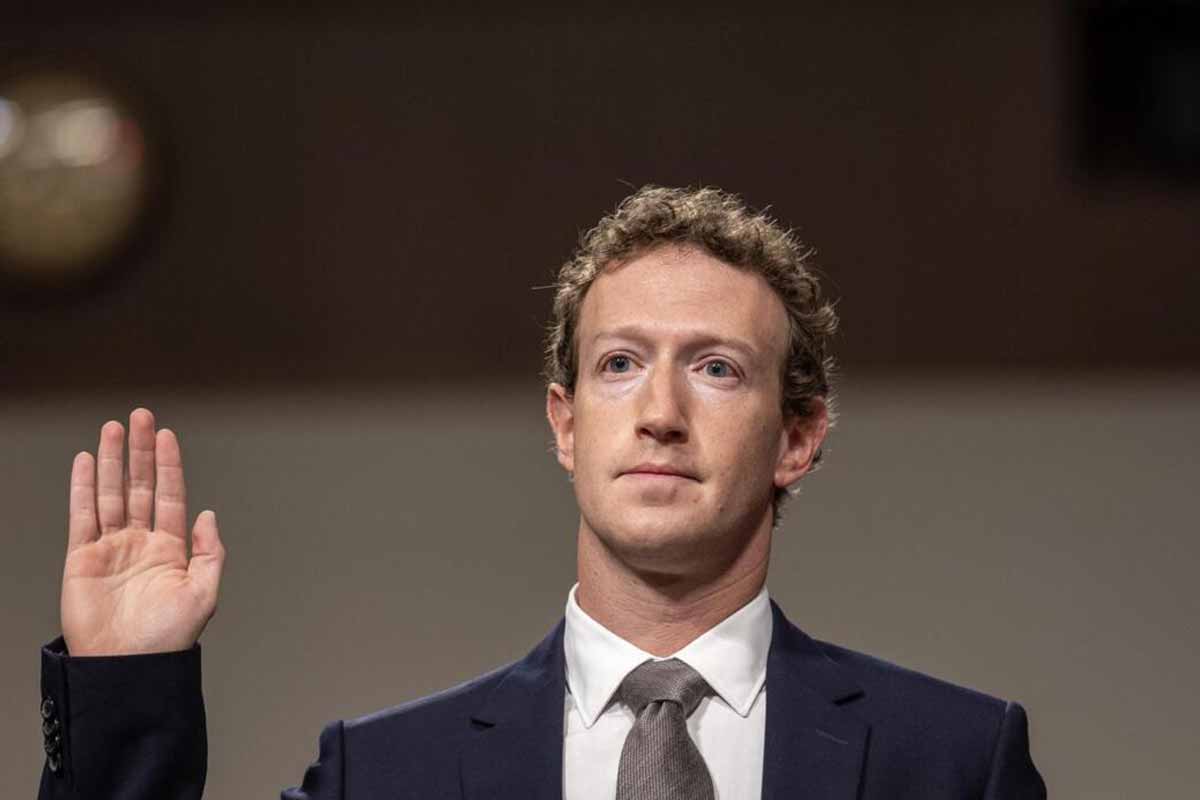The FTC antitrust lawsuit against Meta storms the stage, and the mood in tech is raw. This isn’t another victory lap for Zuckerberg. He’s in court, not hunting the next shiny target. The stakes feel real, and the room knows it.
What’s actually on trial
The case turns on a simple idea with sharp edges. Buy your rivals, shut them down, and own the field. Regulators call these moves “killer acquisitions.” Investors call them strategy. Founders call them the end of the line. A judge now gets to decide which story sticks. The calendar matters too. Proceedings opened April 14, and the path has been crowded since.
WhatsApp and Instagram sit at the center of the storm. Those brands once looked like trophies. They now look like bargaining chips. The Instagram–WhatsApp buyouts could even be unwound. That’s the whisper in every hallway. The FTC antitrust lawsuit against Meta frames the debate in plain terms. Was this skill, or was this a squeeze on the market? If the answer lands wrong for Meta, the map of social media changes fast.
FTC antitrust lawsuit against Meta
Legal words feel cold until they touch real people. They have now. Zuckerberg took the stand and cleared the air of old myths. He said Facebook isn’t where families reconnect anymore. It isn’t the digital living room it once claimed to be. The platform now chases reach, discovery, and global chatter. That admission reset the tone in the courtroom. It also sharpened the stakes for the FTC antitrust lawsuit against Meta. If the mission shifted, what else shifted with it? Product goals, acquisition logic, and the daily playbook all come under the lamp. The story isn’t only code and algorithms. It’s intent, power, and what a company does when it gets both.
The Instagram–WhatsApp Era, revisited
Meta argues the house would have collapsed without its money and engineers. It paints itself as a builder, not a wrecking crew. Zuckerberg says those services flourished under a larger roof. Billions of users would nod, scrolling while dinner cools. That’s the friendly side of the tale. Across the aisle, lawyers hold up a different mirror.
They say the Instagram and WhatsApp takeovers cut off rivals at the roots. They point to timing, market share, and internal notes that read like battle plans. Some jurors lean in when those lines appear on the screen. Numbers help, yet motive carries the weight here. The purchases of Instagram and WhatsApp keep returning to center stage. Were they lifelines, or were they locks on the door? Either way, the FTC antitrust lawsuit against Meta asks the same thing. What did the public lose while the company won?
Inside the emails, outside the spin
Internal messages have a special gravity in cases like this. They speak without rehearsals. One email called Instagram a “terrifying threat.” Another set drew red lines around fast-growing rivals. There was even a failed offer for Snap that raised eyebrows. Each exhibit tightens the room by another notch. Add user counts, and the air gets thinner.
Two billion people use Instagram and WhatsApp alone. Those apps also bring in a heavy slice of ad cash. When numbers rise that high, the word “monopoly” drifts across the floor. The Instagram and WhatsApp deals now read less like expansions. They read like strategy drawn with a thick marker. Meta stands firm, naming TikTok, YouTube, Reddit, and X as real competition. It reminds everyone that regulators signed off years ago. Still, the FTC antitrust lawsuit against Meta asks a fresh question. Does old approval still hold when the game has clearly changed?
What comes next
The schedule stretches into next year, with new twists each month. The next big milestone lands in July 2025. If the government wins this phase, the remedy fight begins. That fight could push Meta to sell Instagram or WhatsApp, or both. Courts move slowly, yet outcomes land hard. A forced split would reshape daily habits for billions. Advertisers would rewrite plans before breakfast. Creators would scramble, then adapt, then move on. It wouldn’t be the first shakeup in tech. Still, it would be the loudest in a long while. Other giants watch from the rafters, eyes narrowed. Google and Amazon know the weather can turn fast. They know the next storm could carry their names. For now, every step hinges on the FTC antitrust lawsuit against Meta.
This isn’t theater. It’s the future of how power moves online. The Instagram–WhatsApp buyouts once looked like a master class. Today, they look like Exhibit A. The Instagram and WhatsApp takeovers might survive intact. The purchases of Instagram and WhatsApp might also be rolled back. Either way, the crowd wants a fairer race. And yes, a little honesty about how the game was won.
